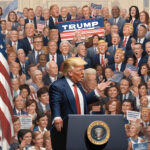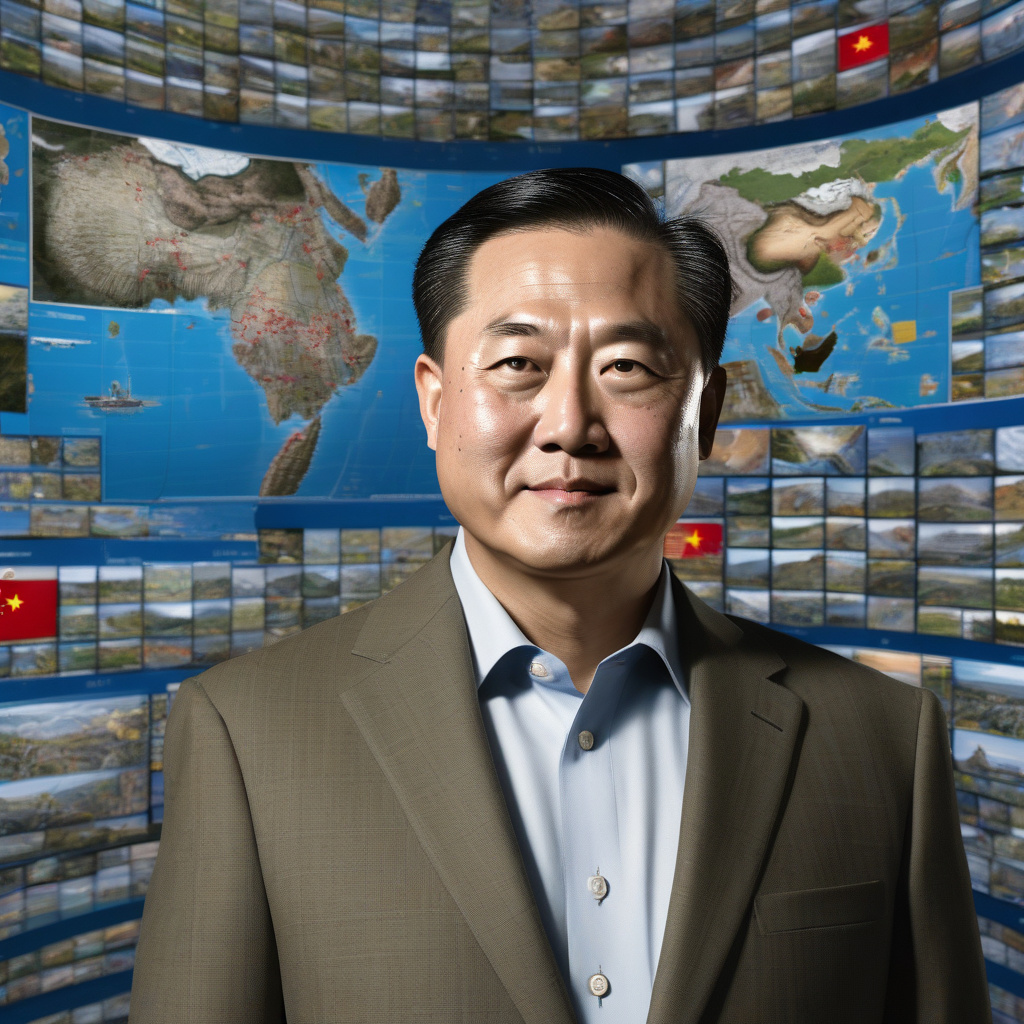Intel’s CEO Invested in 600+ Chinese Firms: Some Companies Linked to Military
Intel’s decision to name Lip-Bu Tan as CEO has sparked serious concerns in Washington and beyond. Tan, a prominent figure in the tech investment world, has a track record of backing over 600 Chinese companies through his venture capital firm, WRVI Capital. While this move has been seen as a strategic business decision to tap into the lucrative Chinese market, it has also raised eyebrows due to the potential links some of these companies have to the Chinese military.
The intertwining of technology and national security has become a major point of contention in recent years, with the US government taking a hard stance against Chinese firms like Huawei over fears of espionage and data security. With Tan at the helm of Intel, a company long considered a cornerstone of American technological innovation, the decision to invest in numerous Chinese firms has not gone unnoticed.
Critics argue that by funding companies that may have ties to the Chinese military, Intel is inadvertently contributing to the technological advancement of a potential adversary. The fear is that sensitive technologies and intellectual property could find their way into the hands of the Chinese government, compromising not only national security but also the competitive edge of American tech companies.
However, supporters of Tan’s approach point to the benefits of engaging with Chinese businesses and fostering international cooperation. They argue that by investing in a diverse range of companies, Intel can gain valuable insights into emerging technologies and market trends, ultimately strengthening its position in the global tech landscape.
This dilemma underscores the complex nature of modern business operations, where the lines between commerce, geopolitics, and national security often blur. As companies like Intel navigate these murky waters, they must carefully weigh the risks and rewards of their strategic decisions, knowing that each move can have far-reaching implications.
In response to the concerns raised, Intel has reaffirmed its commitment to compliance with all relevant laws and regulations, emphasizing its dedication to upholding the highest standards of corporate governance. The company has stated that it conducts thorough due diligence on all its investments to ensure that they align with its values and business objectives.
As the debate over Intel’s investments in Chinese firms continues to unfold, one thing remains clear: the intersection of technology, finance, and geopolitics is becoming increasingly complex. Companies operating in this space must be vigilant and proactive in addressing these challenges, lest they fall afoul of shifting regulatory landscapes and geopolitical tensions.
In conclusion, Intel’s decision to appoint Lip-Bu Tan as CEO and invest in over 600 Chinese firms has ignited a fierce debate about the intersection of business, technology, and national security. While the move holds promise for expanding Intel’s reach into the Chinese market, it also raises valid concerns about the potential risks involved. As the situation evolves, all eyes will be on Intel to see how it navigates these choppy waters and balances its business interests with broader geopolitical considerations.
#Intel #LipBuTan #ChineseFirms #Technology #NationalSecurity












